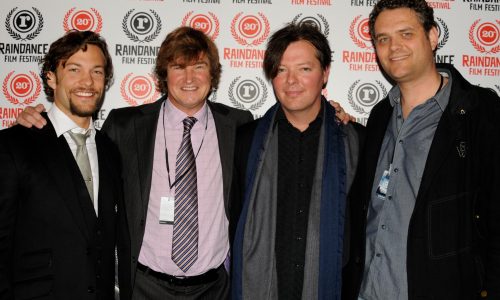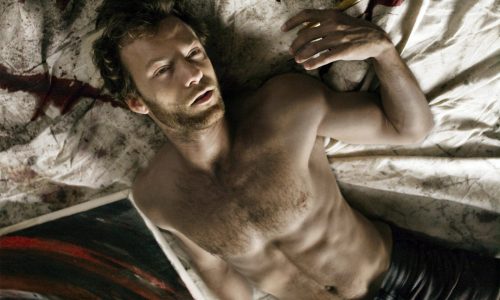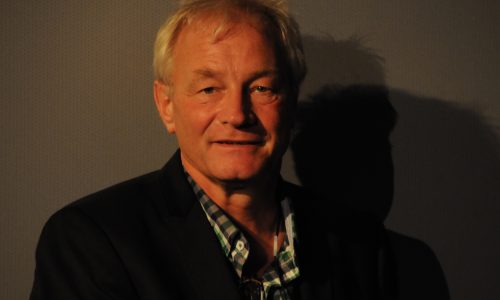In 1996, British writer Christian Piers Betley wrote a vampire film called Rampage.

Sixteen years later, having evolved into Dark Hearts, without a vampire in sight, it’s had its world premiere at the Raindance Film Festival in London, where it was nominated for the Best International Feature award.
The fact that it was shifted from the Best UK Feature contest to the international category illustrates the extent to which this British project finally made it to the big screen, thanks to input from countries as far and wide as South Africa, the Netherlands, Greece, Canada and the United States.
Half British, half Danish, Betley is currently based in Canada, but the funding for Dark Hearts eventually came from London, through executive producer Jack Bowyer.

Although a director himself, Betley chose not to direct Dark Hearts. “I realised that my strengths as a writer and producer were greater than as a director. I truly believed that Rudolf’s vision would take it to a higher level and he made it his own. It shows that if you’re prepared to collaborate as artists, you will come out with a better film.”
As well as being Betley’s first produced screenplay, Dark Hearts was South African film-maker Rudolf Buitendach’s first film as a director. The rest of the creative team included Greek producer Alexis Varouxakis, Dutch producer and cinematographer Kees Van Oostrum and cast from the US and Canada.
“From an international perspective, it’s broadened my horizons,” explains Betley. “But I also love working with British talent and I will come back and make a movie in the UK.”
“It’s wonderful to have the team here,” he adds, ahead of the film’s Raindance screening. “They’ve flown in from all parts of the world.” Betley is particularly gratified that his first feature has been nominated for an award at an internationally recognised festival. “I feel honoured to be nominated and featured with such an amazing slate of movies. It’s a great experience and a dream come true for many film-makers. Everyone’s efforts and energy has paid off. It’s an accolade for us.”

Van Oostrum says he was “baffled and amazed at how well it came out” with the resources they had. Betley’s original screenplay set the story in the New Orleans art scene, but with his producer hat on, Van Oostrum pointed out that LA too had a burgeoning art scene. “We had a finite budget, so I said it was better to set it in Los Angeles. At one point, we considered shooting New Orleans in LA, but setting it in Los Angeles contemporised the story and made it real. You get more inspiration from being in the right place. It’s always nice to be able to photograph the city for the city it’s in.”
After working on many multi-million pound features, Van Oostrum has recently embraced digital technology, which – for him – opens up new opportunities and challenges, with the smaller cameras and lighting rigs. “It’s fun,” he enthuses. “Movies like Dark Hearts prove that you can get a terrific look for very little money.”
Whether it’s changing the location of his story or suggesting new ways to get his vision on screen, Betley welcomed such input. “My script is simply the blue-print. The lead actor Kyle Schmid brought some great ideas to it. Rudy helped to develop certain scenes. He and Kees also brought some amazing ideas. They all had an incredible impact in a positive way on the film. The results speak for themselves.”
Both Betley and Van Oostrum agree that the final film would not have been significantly different had they had a bigger budget at their disposal. They would have welcomed the luxury of having more than a seventeen day shoot, but otherwise, the film would have been much the same, they insist.
Having waited 16 years to get his first feature to the big screen, Betley has already got his next three into production. “It’s all to do with timing. Being in the right place at the right time. Being at certain film festivals and networking. I used to be rather shy and reticent going into the public forum, but by making films, you obviously have to engage. It allows other people to see your work and the more exposure you get, the easier it is to get people to consider your work elsewhere.”
